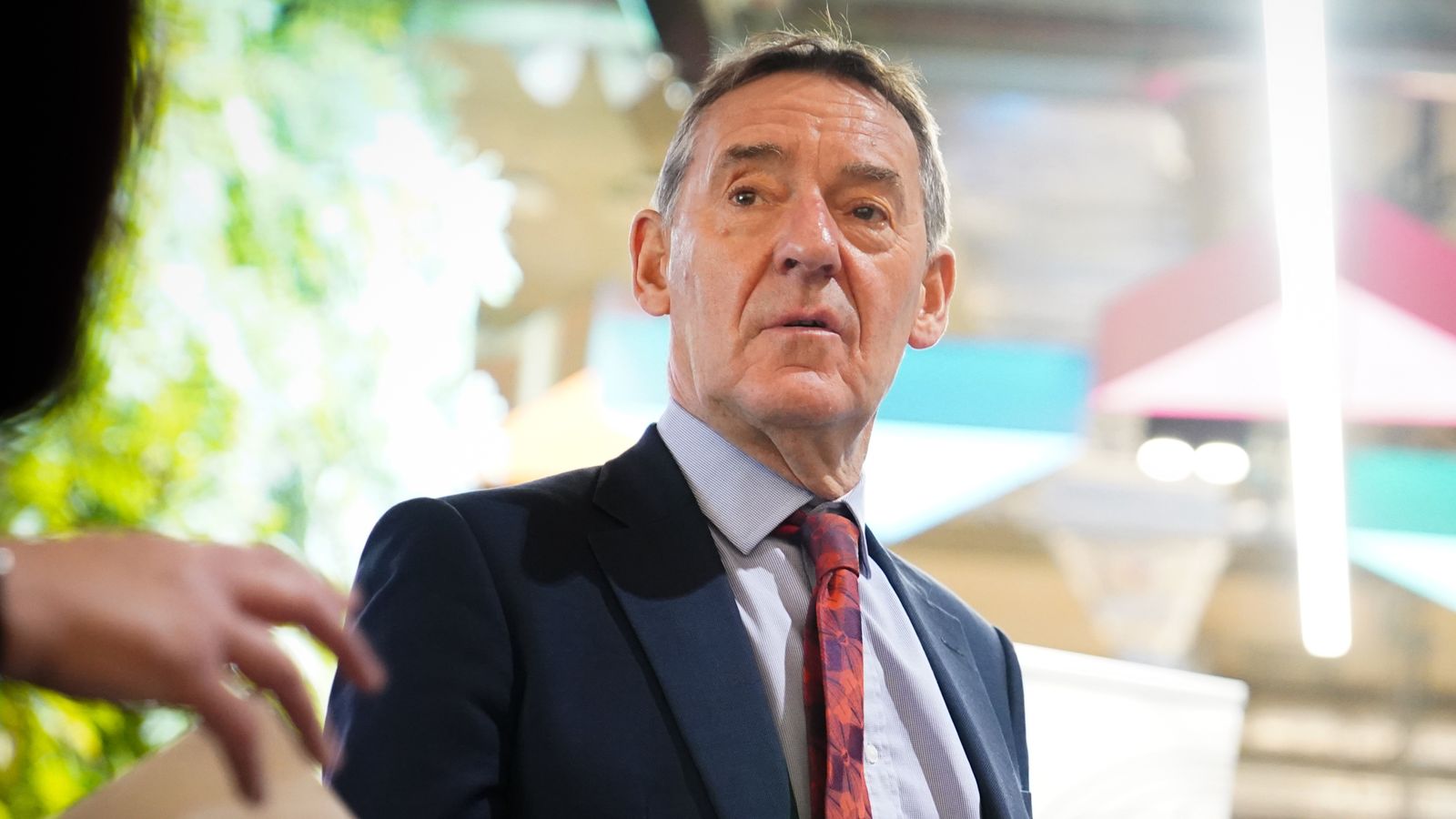There is “absolutely no question of the lights going out this winter” and the energy price cap will remain in place despite escalating gas prices, the business secretary has said.
Kwasi Kwarteng said the cap “protects millions of consumers” and reiterated “the need for us all to prioritise consumers” during crisis talks with industry figures.
Following the talks, he told the House of Commons: ”We have sufficient capacity, and more than sufficient capacity, to meet demand and we do not expect supply emergencies to occur this winter.
“There’s absolutely no question of the lights going out or people being unable to heat their homes.
”There’ll be no three-day working weeks or a throwback to the 1970s. Such thinking is alarmist, unhelpful and completely misguided.”
Labour’s Ed Miliband accused the government of complacency and said it had known for a long time about the issue with gas.
Mr Kwarteng added that the UK “benefits from having a diverse range of gas supply sources” and gas production in Norway will “significantly increase” from 1 October to support UK and European demand.
Wholesale prices for gas have increased 250% since the start of the year and there has been a 70% rise since August.
Consumers are protected from sudden price hikes by the energy price cap, but this puts pressure on suppliers as they cannot pass on the increase in wholesale gas prices to customers.
The rise has been put down to a number of factors, including a cold winter leaving stocks depleted, high demand for liquefied natural gas from Asia and a drop in supplies from Russia.
Four firms have already gone bust and there are fears that others could follow suit, with energy company Bulb, which has 1.7m customers, confirming it is seeking a bailout to stay afloat.
But Mr Kwarteng said the government “will not be bailing out companies, there are no rewards for failing”.
He did not say if this applied to the big energy companies as well as the small ones.
Boris Johnson told Sky News political editor Beth Rigby, in New York, where he is for a UN climate change meeting: “I think you need to listen to what Kwasi Kwarteng has to say, he’s been working flat out with the energy companies, doing everything he can to help them.
“Clearly, their business model has been badly affected with the wholesale price massively increases, spikes in this way and loads of customers on fixed tariffs.
“We’re working very hard to find a way through, trying to keep a steady supply of gas.”
Some analysts have reportedly predicted the number of energy companies could drop by three quarters in the months to come, leaving as few as 10 still operating.
Mr Kwarteng said: “As I said, you may see more suppliers than usual exiting the market but this is not something which should be any cause for alarm.”
He added that he will be releasing a joint statement with regulator Ofgem later on Monday.
On Monday, Ofgem said British Gas will take over the 350,000 domestic customers of People’s Energy after it went bust earlier this month.
Speaking on Sunday after a meeting with Ofgem, Mr Kwarteng said “well-rehearsed plans” were in place to ensure consumers were not cut off in the event of further failures.
However, he is expected to come under pressure from the big suppliers for a major government support package to help them through the crisis.
Asked about the issue as he arrived in New York for the United Nations General Assembly, Prime Minister Boris Johnson said: “I think people should be reassured in the sense that yes there are a lot of short-term problems not just in our country, the UK, but around the world caused by gas supplies and shortages of all kinds.
“This is really a function of the world economy waking up after COVID.
“We’ve got to try and fix it as fast as we can, make sure we have the supplies we want, make sure we don’t allow the companies we rely on to go under. We’ll have to do everything we can.
“But this will get better as the market starts to sort itself out, as the world economy gets back on its feet.”
Labour’s shadow business secretary Ed Miliband said a lack of long-term planning from the government means “we are so exposed and vulnerable as a country and it is families and businesses that are paying the price”.
He continued: “The government must take all necessary steps to ensure stability for customers and do everything in its powers to mitigate the effects of this crisis on businesses and consumers.
“Yet it is making the squeeze on household finances worse by putting up taxes for working people and cutting Universal Credit.”


